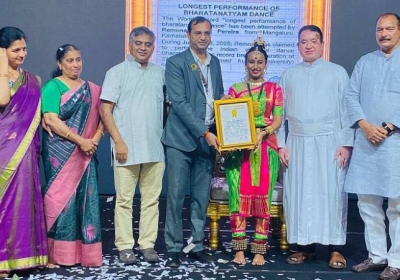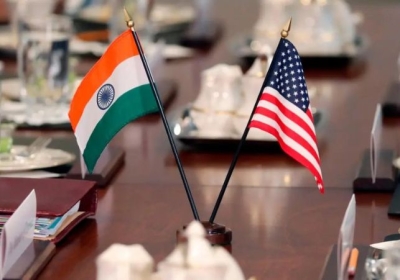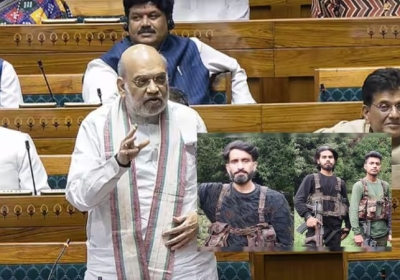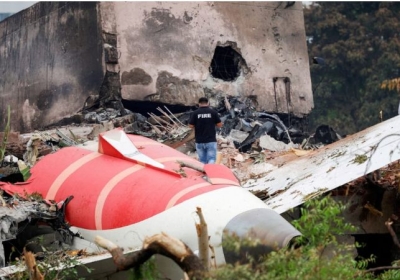The loss of seats by NPP in Meghalaya, NDPP in Nagaland, and BJP in Manipur underscores NEDA's fading grip in the region.
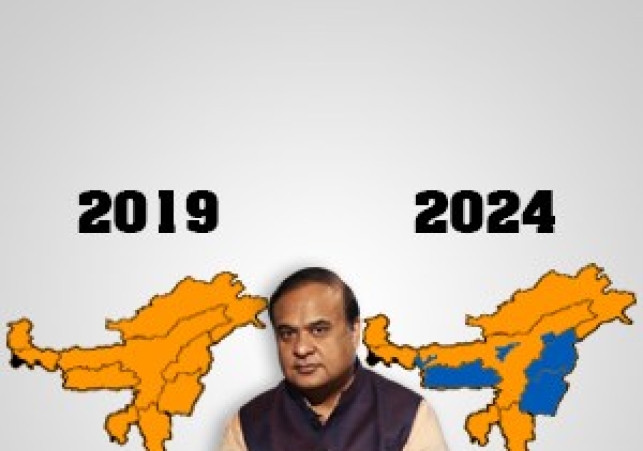
The North East Democratic Alliance (NEDA), initially hailed as a formidable political coalition formed by the BJP in 2016, is now facing a diminishing sway in Northeast India. Meant to unite regional parties and bolster the BJP's presence, NEDA was praised for its potential to foster political cooperation and cultural integration.
However, recent developments signal a weakening of NEDA's influence. The disconnect from pressing regional issues has led to electoral setbacks. Congress and smaller parties have gained ground, winning seats in Manipur, Nagaland, and Meghalaya, marking a shift in political dynamics. The loss of seats by NPP in Meghalaya, NDPP in Nagaland, and BJP in Manipur underscores NEDA's fading grip in the region.
NPP, NPF, and NDPP are constituents of NEDA. While the Asom Gana Parishad (AGP) and the United People’s Party, Liberal (UPPL) mitigated losses by winning seats in Assam, the NDA's overall tally decreased by three seats compared to 2019.
From 2016 to 2019, BJP managed to challenge Congress's dominance in Northeastern States through NEDA, which accommodated various regional parties' aspirations and mandates, fostering local parties' self-respect and a responsible framework for coalition building.
Dr. Himanta Biswa Sarma, NEDA's Convener, underscores its role in broadening political alliances and fostering regional unity. For the BJP, NEDA played a crucial role in consolidating power and replacing Congress dominance in the Northeast.
Despite initial successes, NEDA's avoidance of contentious issues, notably during the Manipur violence, has drawn criticism. Manipur's Chief Minister Biren Singh's handling of the violence further exacerbated tensions between communities, highlighting NEDA's lack of intervention.
While NEDA aimed to facilitate political coordination and resolve common issues, its failure to address key challenges raises concerns about its efficacy. As Northeast politics evolve, NEDA faces the daunting task of regaining relevance and restoring faith in its mission.
With only Assam holding 14 out of Northeast's 25 Lok Sabha seats, and the other states sharing 11 seats, the region's limited representation hampers its bargaining power in national decision-making. Consequently, Northeastern states historically align with the party in power at the center due to dependence on central grants and funds, casting doubt on NEDA's practical relevance as a political coalition or coordinating forum in the future.
Once celebrated as a symbol of regional cooperation, NEDA now stands at a crossroads, prompting reflection on its future role in shaping Northeast India's political landscape.
